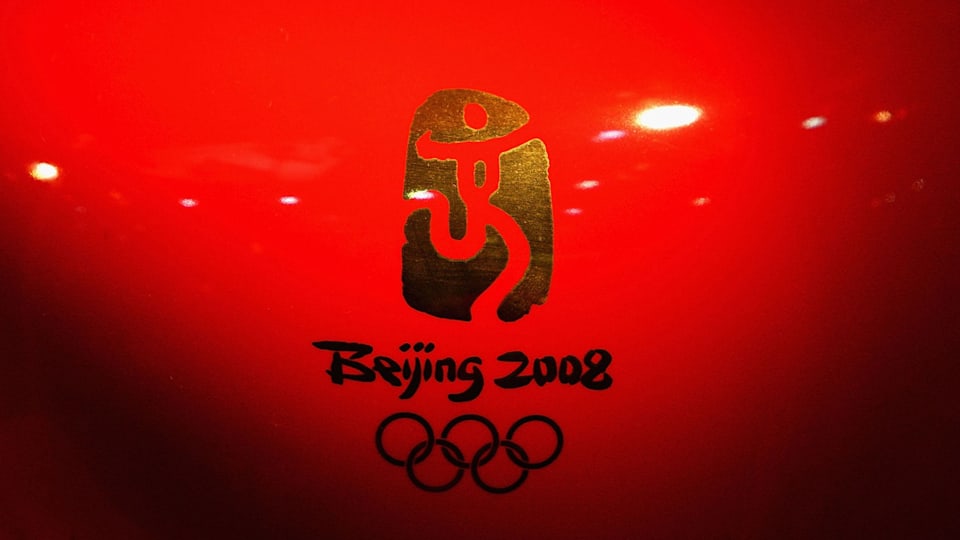IOC President Remarks to the 120th IOC Session

We are nearing the end of the XXIX Olympiad and these remarkable Olympic Games. We have seen achievements over the past two weeks that we will remember for the rest of our lives.
It has been a long journey since our decision in July 2001 to bring the Olympic Games to China, but there can now be no doubt that we made the right choice. Thank you for your support and your help.
There are so many people to thank — the IOC Executive Board; Hein Verbruggen and his colleagues on the Coordination Commission; Gilbert Felli, our executive director of the Games, and the IOC staff; our partners at BOCOG; the Chinese government; and all of our Chinese friends who worked so hard to make these Games successful. Thanks also to the IOC members from China, Zhenliang He and Zaiqing Yu, for their invaluable assistance.
To hundreds of thousands of enthusiastic volunteers, we have heard you say it many times, now it is my turn to say: Thank you for your cooperation! We will leave China with warm memories of your smiles, your enthusiasm and your eager willingness to help. You are the future of China. We wish you the best.
The list of accomplishments at these Games reflects the high level of competition and the universality of the Olympic Movement.
A record 204 National Olympic Committees participated the Games.
87 National Olympic Committees had medal winners;
Women athletes participated in record numbers — about 45 percent of the athletes were women.
The athletes set more than 40 world records and more than 120 Olympic records.
We had more broadcast coverage to more people, in more places than ever.
We had global digital coverage for the first time.
These are likely to be the most widely watched Games in Olympic history.
Of course, statistics tell only part of the story.
The Games are not just a showcase for the world’s best competitions and athletes. They help break barriers and overcome differences. These Games were historic because they were held in the world’s most populous nation for the first time. One-fifth of the world’s population was exposed to Olympic values in a way that they never had experienced before.
The world learned more about China, and China learned more about the rest of the world. And together, we shared the excitement and drama of the Games.
We are first and foremost an organization devoted to sport, but it is sport with a purpose. Placing sport at the service of mankind and leveraging Olympic values to promote better understanding between people, nations and religions stands at the core of our mission.
The IOC and the Olympic Games cannot force changes on sovereign nations or solve all the ills of the world. But we can — and we do — contribute to positive change through sport.
Some of the changes in China are obvious today. Others will become apparent with time.
The many improvements to mass transit and public infrastructure for the Games will improve the quality of life and environmental conditions in Beijing for years to come.
The Games have also significantly heightened awareness of environmental issues, leading to major advances in the areas of energy consumption, sustainable water consumption, waste management and air quality.
The legacy of these Games for China is ultimately up to the Chinese people. The changes that are transforming this remarkable nation did not start with the Olympic Games and they will not end with the closing ceremony.
The Games have been a dream fulfilled and a source of inspiration for a generation of young Chinese people. Some of the friendly volunteers we have met over the past two weeks will be tomorrow’s leaders. They have emerged from this experience with new confidence and a better understanding of Olympic values. That may ultimately the greatest legacy of these Games.
We will all leave China with our personal list of special moments. The spectacular performances of Michael Phelps and Usain Bolt were certainly unforgettable.
But there were many other moving scenes: the embrace of rival competitors from nations in conflict, the unfortunate injury of Liu Xiang, the tears of joy from athletes who have overcome personal tragedies and hardship.
We will cherish these moments, but we cannot simply file away our experiences. As we look to Vancouver 2010, London 2012 and Sochi 2014, we must always remember our responsibility to keep the Olympic dream alive for future generations in all parts of the world. Let us leave China with a renewed dedication to our task.
Thank you, colleagues;
Thank you, China.